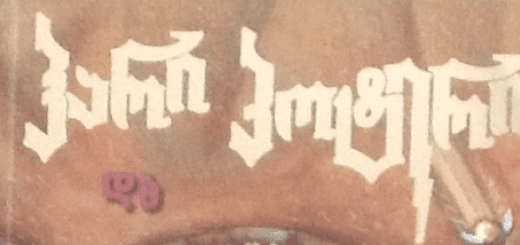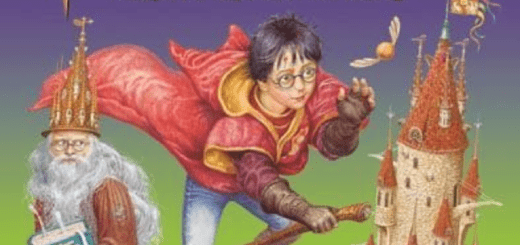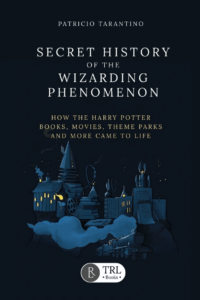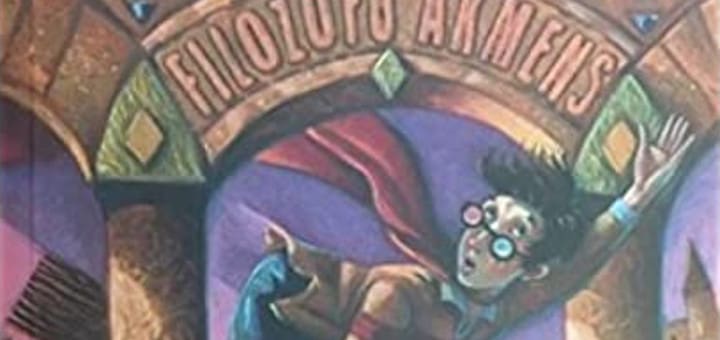 Was the first Latvian Philosopher’s Stone Unauthorized?
Was the first Latvian Philosopher’s Stone Unauthorized?
Recently a rumour has cropped up online that Harijs Poters un Filozofu akmens, the Latvian Philosopher’s Stone translation by Ingus Josts and published by Jumava was actually unauthorized—at least at first!
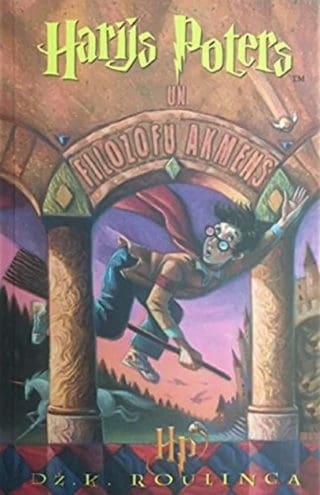
A translation collector was told by a Latvian Harry Potter fan that they were in turn told by a Latvian bookseller at a fair that the first translation (with the GrandPré cover—i.e. the Jumava publication) was unauthorized; that Jumava attempted to negotiate rights, but were unsuccessful and moved ahead with publication anyway; and the recent republication of Josts’ translation by Zvaigzne ABC is the first authorized translation.
It is certain that this can’t be wholly true: we know that as of 2016 at the very least, Jumava appeared on jkrowling.com’s contact page as the official publisher in Latvian. However, it has happened more than once that an unauthorized translation later became the authorized publication. So is it possible that as the bookseller suggested, Jumava was initially unsuccessful and later acquired the rights?
Intuitively it seems unlikely—Latvia is a democratic country and EU member. As a general rule, unauthorized translations don’t do well in non-authoritarian regimes. Then again, Latvia didn’t join the EU until 2004 (the first Jumava publication was 2001) and only 10 years earlier, they were part of the former Soviet Union, so… that’s not great evidence to go by.
A little digging turned up this article dated 2000-07-10: “Jumava” gatavojas izdot Dž.K. Roulingas grāmatas par Hariju Poteru
Pirms divām nedēļām apgādam “Jumava” izdevies vienoties ar Londonas literārās aģentūras “Christopher Little” pārstāvjiem par tiesībām izdot Harija Potera piedzīvojumus Latvijā.
Two weeks ago, Jumava has managed to agree with the representatives of the London literary agency “Christopher Little” on the right to publish the adventures of Harry Potter in Latvia.
accessed 2020-11-25
One source isn’t great and, of course, much can happen in the 6 months or so between this article and the publication of the book in January 2001—I could imagine a scenario in which a tentative agreement was reached, publication moved ahead on that basis, problems arose, publication was not halted while negotiations continued and eventually the right were secured, perhaps even after the book was released. However, the only reason we have to think this might have happened is a second hand verbal story, admittedly by someone who potentially is in the know, but who was demonstrably incorrect on at least one point (that the Zvaignze ABC’s edition is the first authorized).
Unless something more concrete or reliable comes to light, I’m confident that there’s nothing to see here.

